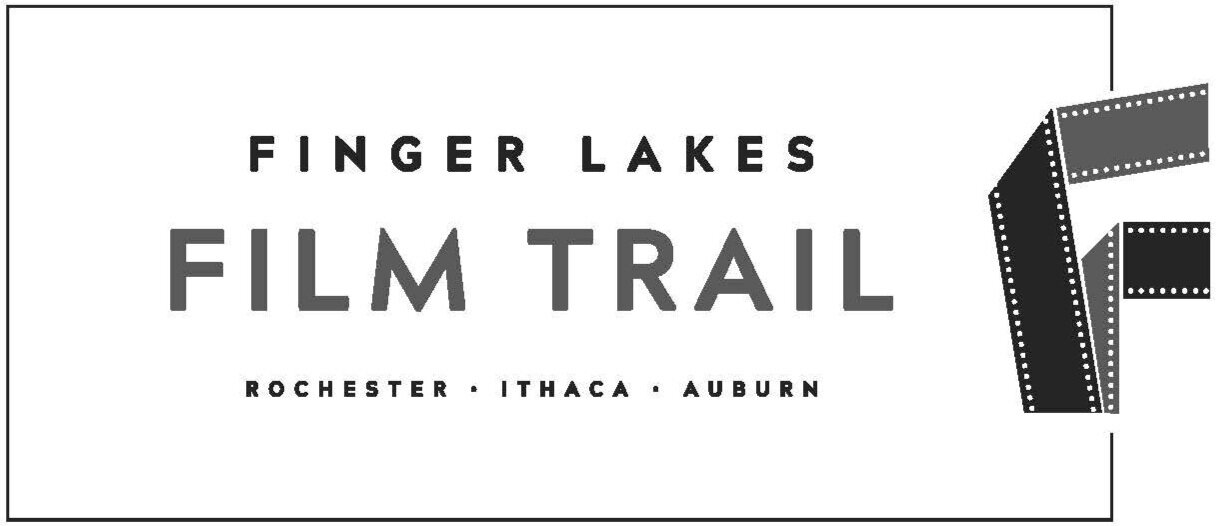
Our Team
Barbara Tepa Lupack is the grant coordinator for the program series, Race Films/Race Matters: Starting Conversations About Race in America, sponsored in part by Humanities New York, with support from the National Endowment for the Humanities. This is the third HNY grant she has coordinated for the Finger Lakes Film Trail, beginning with a Vision Grant in 2018 to launch the FLFT and an Action Grant in 2019 to assist in the implementation of the first full year of program events. From 2015 to 2018, she served as New York State Public Scholar through HNY, in which capacity she lectured on race films, on racial stereotypes, and on race filmmakers Richard E. Norman and Oscar Micheaux. She has also held a number of individual grants and awards, including a travel and research grant from the National Endowment for the Humanities.
Diana Riesman, Co-Founder and Executive Director of the Wharton Studio Museum and creator of the Finger Lakes Film Trail, is closely and directly involved in all aspects of the Humanities New York grant planning and program implementation. She has led WSM’s partnership in the Tompkins Center for History and Culture, which includes the installation of a permanent exhibit on Ithaca’s role in early film history, and is spearheading efforts to develop the historic Wharton Studio building in partnership with the City of Ithaca and Friends of Stewart Park. She is a founding member and currently serves as Chair of the Board of Friends of Stewart Park, a nonprofit committed to the revitalization of Stewart Park, Ithaca’s main waterfront park, where the Wharton Studio building is located.
Mark Hartsuyker got his start in filmmaking while working as a projectionist at an art house cinema in La Jolla, California in his late teens. As a chiropractor, he became involved in ergonomic consulting, which led to producing films for companies large and small. Eventually, he used his newly acquired skills to help non-profits craft video media to convey their mission, find funding, and attract volunteers. Mark has worked with a variety of non-profits creating documentary-style promotionals and stop-motion animation. Mark’s video work, created under the name "Raccoon Recording Studio," can be found here.
Andrea Bruns leads creative design of the Finger Lakes Film Trail website and the Race Films/Race Matters web pages. She has worked in communication planning across the sciences and humanities, spanning the academic, nonprofit, and government sectors. She specialized in ecological communication as a website developer and program strategist for Shenandoah Audubon Society; the U.S. Fish & Wildlife Service, New York Field Office; and extension programs at Cornell University's School of Integrative Plant Science.
Thank you.
The Finger Lakes Film Trail is grateful to all the contributors to and supporters of the Race Films/Race Matters program series. In particular, the FLFT acknowledges the following individuals:
Humanities New York: Sara Ogger, Michael Washburn, Scarlett Rebman, and Joe Murphy, for support of the Finger Lakes Film Trail and encouragement of its programs, going back to the inception of the FLFT in 2018.
Travis Hyde Properties in Ithaca, NY, for its Sponsorship of Race Films/Race Matters: Starting Conversations About Race.
Kevin MacLeod, for the silent movie-period music clips of “Fig Leaf Times Two” and “Fun in a Bottle,” used in the openings and closings of the video presentations.
Cortland Gilliam, for his assistance with the videotaping of Dr. Charlene Regester’s presentation on Within Our Gates.
Elijah Wheat-Dardano, for his assistance to Mark Hartsuyker with the videotaping of Dr. Cynthia Henderson’s presentation on The Blood of Jesus.
uncommonplace, for the Race Films/Race Matters logo design.
Pat Longoria, Wharton Studio Museum board member, and Stephanie Hofner, George Eastman Museum, for their assistance with “Race-Related Sites in the FLFT Member Communities.”
A very special thank you to Amber Bertin, Archivist at the Black Film Center/Archive at Indiana University in Bloomington, Indiana, and to the Norman Studios Silent Film Museum in Jacksonville, Florida, and other museums and archives that have lent support to this project.






